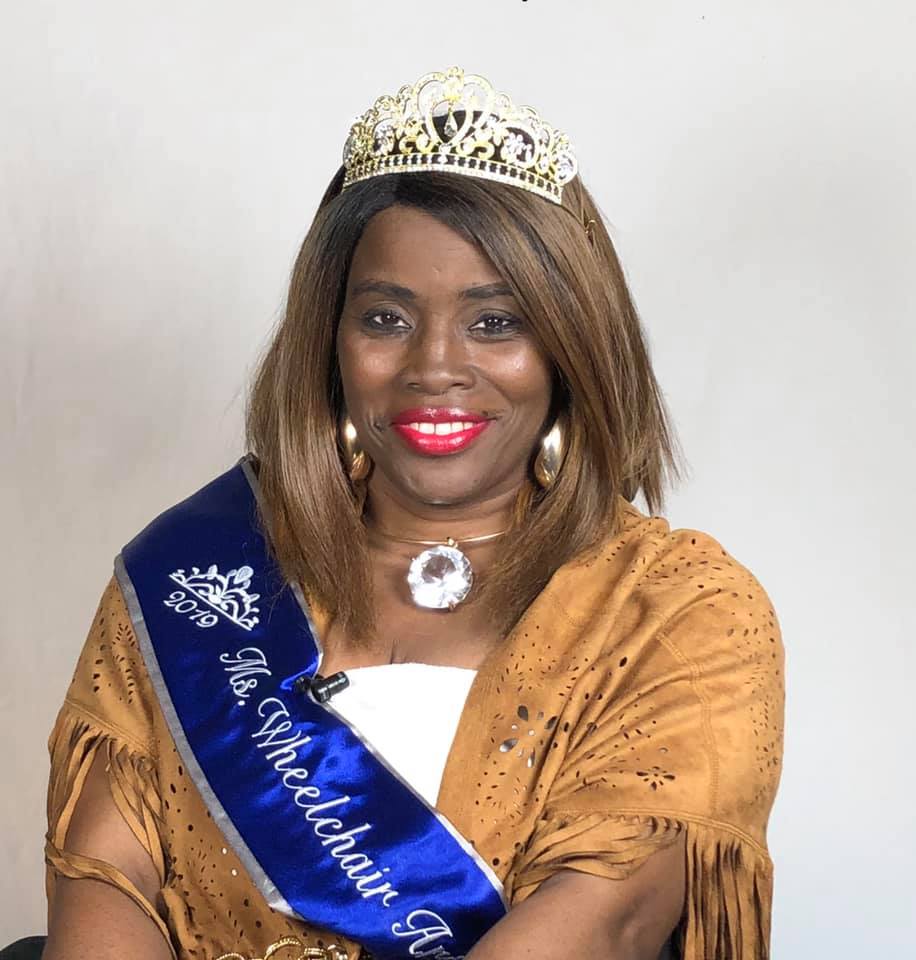BE SAFE WORKSHOPS:
Bringing People and First Responders Together
What do you get when you put police officers and people suffering from traumatic brain injury (TBI) in a single room for three hours? A whole lot of understanding and insights. Such was the case with Brain Injury Alliance of Arizona’s recent Be Safe workshop.
It was Phoenix Police Officer Andrew Dreiling’s second day on the job. However, this three-time combat vet who worked with the elite Navy SEALs knows first-hand about the physical and emotional effects of traumatic brain injury (TBI). So, when he was asked to help bridge the gap between officers and people suffering from brain injury, he was only too happy to help. Not only was this part of his training, it was an opportunity to take his insights and pay it forward.
“The more we understand issues concerning mental health, the more we can help people.”
This approach is most welcome, given the level of anxiety and apprehension many people with brain injury feel when interacting with law enforcement. Ms. Wheelchair Arizona 2019 Shawnique Cotton offered her experience.
Ms. Wheelchair Arizona 2019
Shawnique Cotton
On December 28, 1991, she was shot in a night club. The bullet went through three people and confined her to a wheelchair. After going through rehab, she was diagnosed as a paraplegic. About 15 years later, she discovered she had been misdiagnosed and was actually a quadriplegic.
As a result of her accident she was home-bound for 27 years; she also became a drug addict. Dealing with the police was overwhelming. “When officers showed up, I was scared. And when I’m scared, I shut down. With their standoffish attitude and behavior toward me, I felt humiliated.” To this day, she is still wary.
It is precisely this sort of misunderstanding that the workshop sought to overcome, with Officer Dreiling explaining the department’s enlightened approach.
The first step during a potential confrontation is how he introduces himself. Officer Dreiling says, “I’m Andrew and I want to help you. You try to get on a more personal level. It’s all about helping people.”
“People are hesitant to call because of fear of arrest. A lot of the population has the image of police officers as negative, but with stuff like this, we try to show we want to help. That’s why we take this job.”
All recruits must undergo 80 hours of mental health awareness training. Even more is available. Afterward, they can receive Crisis Intervention Team (CIT) training to get certified.
Phoenix Police Field Training Officer Samantha Sewell paints a similar picture. “It depends on every situation, there’s a lot going on.” Priority number one? “We’ve got to know how to talk but more importantly, how to listen.
“Many times, we’ll try to get people the resources we need,” says Sewell. “They may need medication, maybe it’s a low-income thing, we set them up with that.” She adds another important way they help. “We provide transportation to UPC or maybe there’s someone they’re working with, like their case manager.”
Sometimes it’s hard for first responders to identify the cause of a disturbance, so they must take precautions. This includes establishing a line of communication and recognizing signs of brain injury or mental health issues in order to prevent a hostile situation. “There are times what they’re doing is out of their control. The Crisis Intervention Team (CIT) is called in and can recognize what’s going on. They have avenues they can go down and get people help.”
Even with all this understanding, a situation can quickly spiral out of control. For instance, reaching into one’s pocket to show their Wallet Card can easily be misinterpreted as reaching for a weapon. Fearing a hostile situation, the CIT may make an arrest, further raising anxiety levels.
Seeking to pre-emptively reduce that anxiety at the Be Safe workshop, the officers showed participants something they rarely see close-up – items on their belts. Rule number one: Don’t reach for their belts. Just know they all have the following:
- Gun
- 2 sets of handcuffs
- Flashlights
- Radio
- Body camera
- Pepper spray
- Earpiece
- Badge
At the end of the day, everybody was intrigued, even Shawnique checked out the items. The goal of Be Safe had been reached with everybody understanding each other a little better.
ABOUT BRAIN INJURY ALLIANCE OF ARIZONA
Brain Injury Alliance of Arizona (BIAAZ) is a social benefit organization dedicated to creating a better future through brain injury prevention, advocacy, awareness and education. What began in 1984 as a grassroots effort has grown into a strong statewide presence, providing valuable resources for individuals with brain injuries, caregivers and neuro professionals.
For more information on living well after brain injury, contact the Brain Injury Alliance of Arizona Statewide Neuro Info-Line 888- 500-9165.






